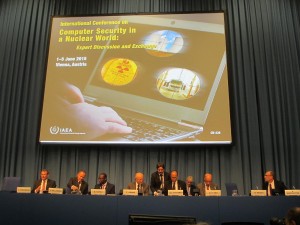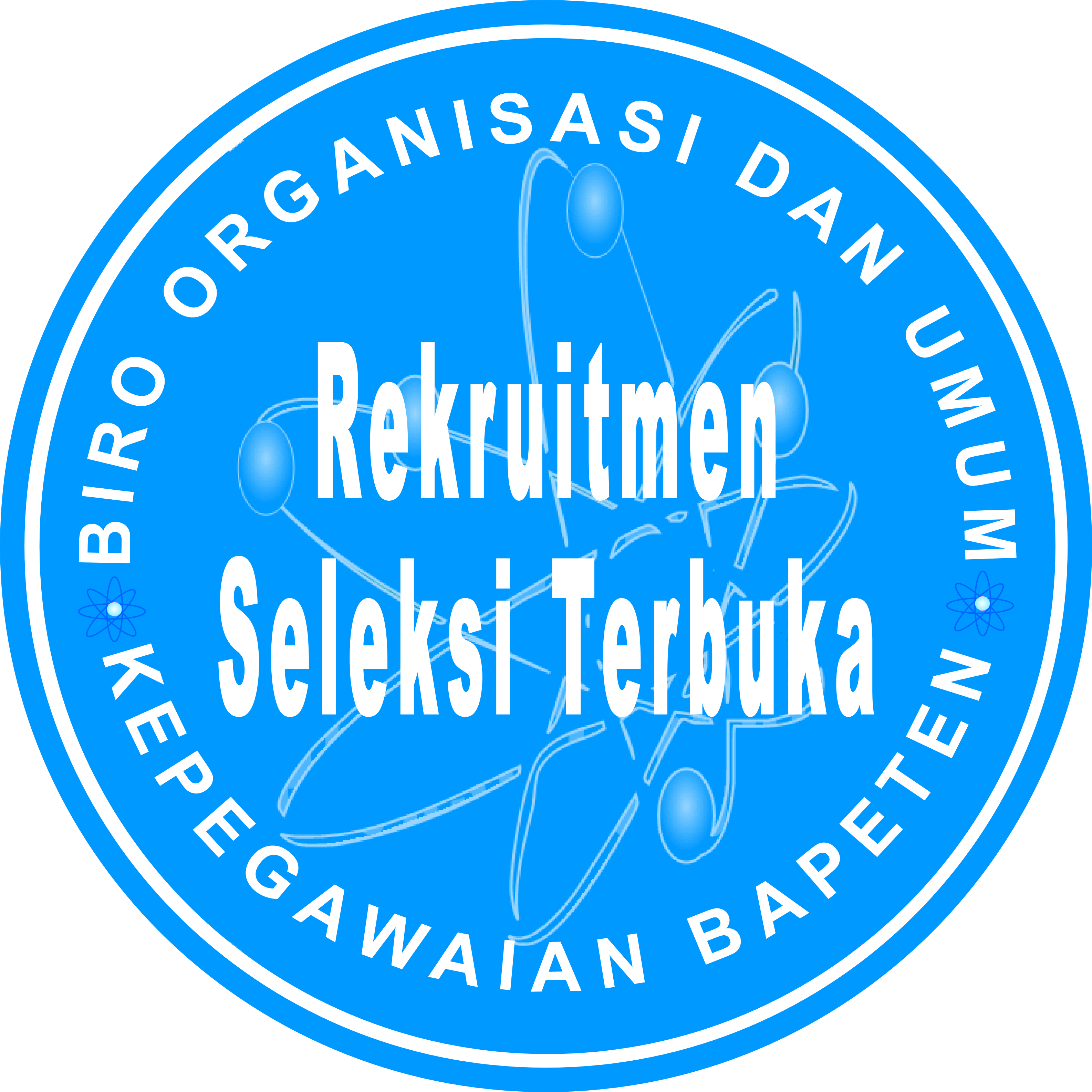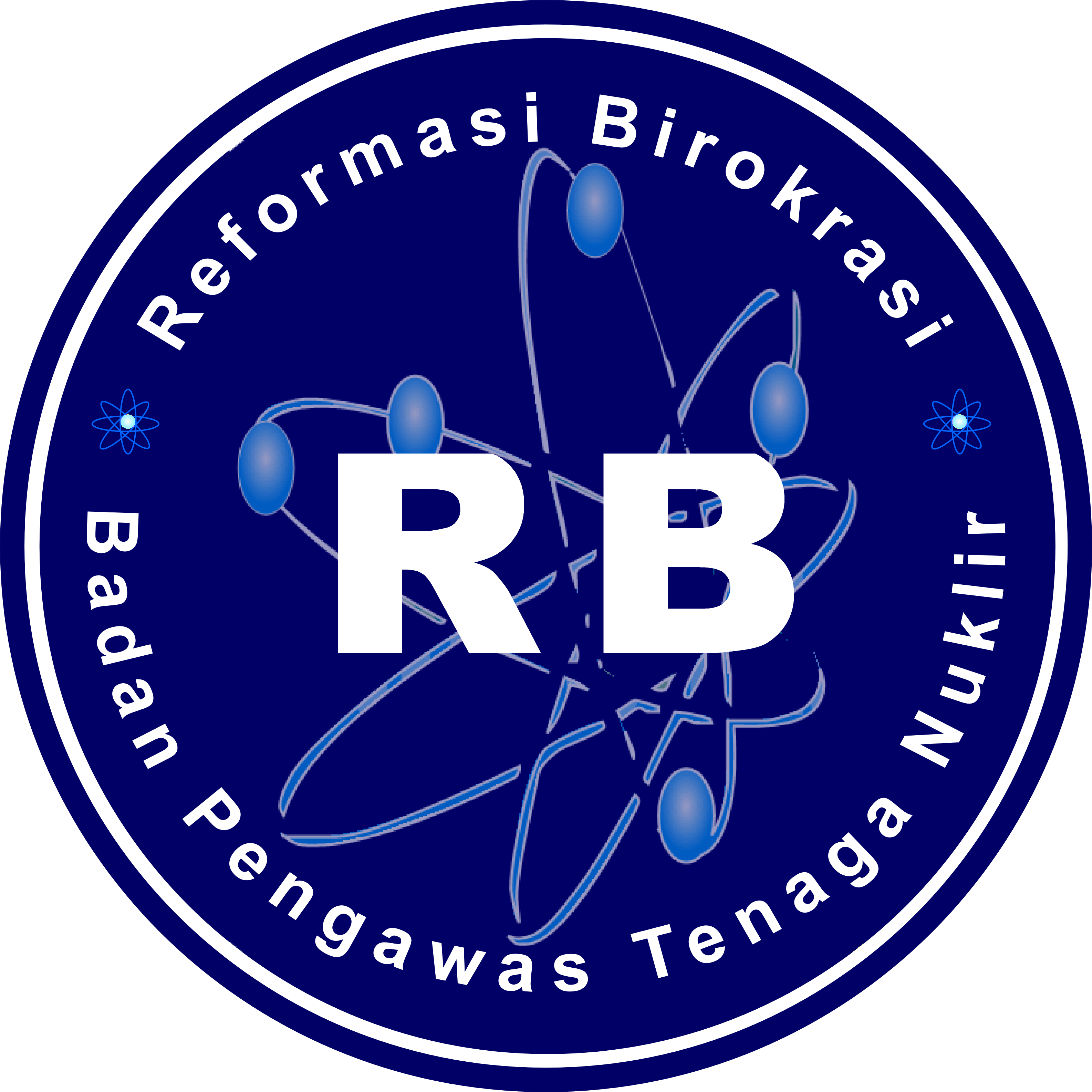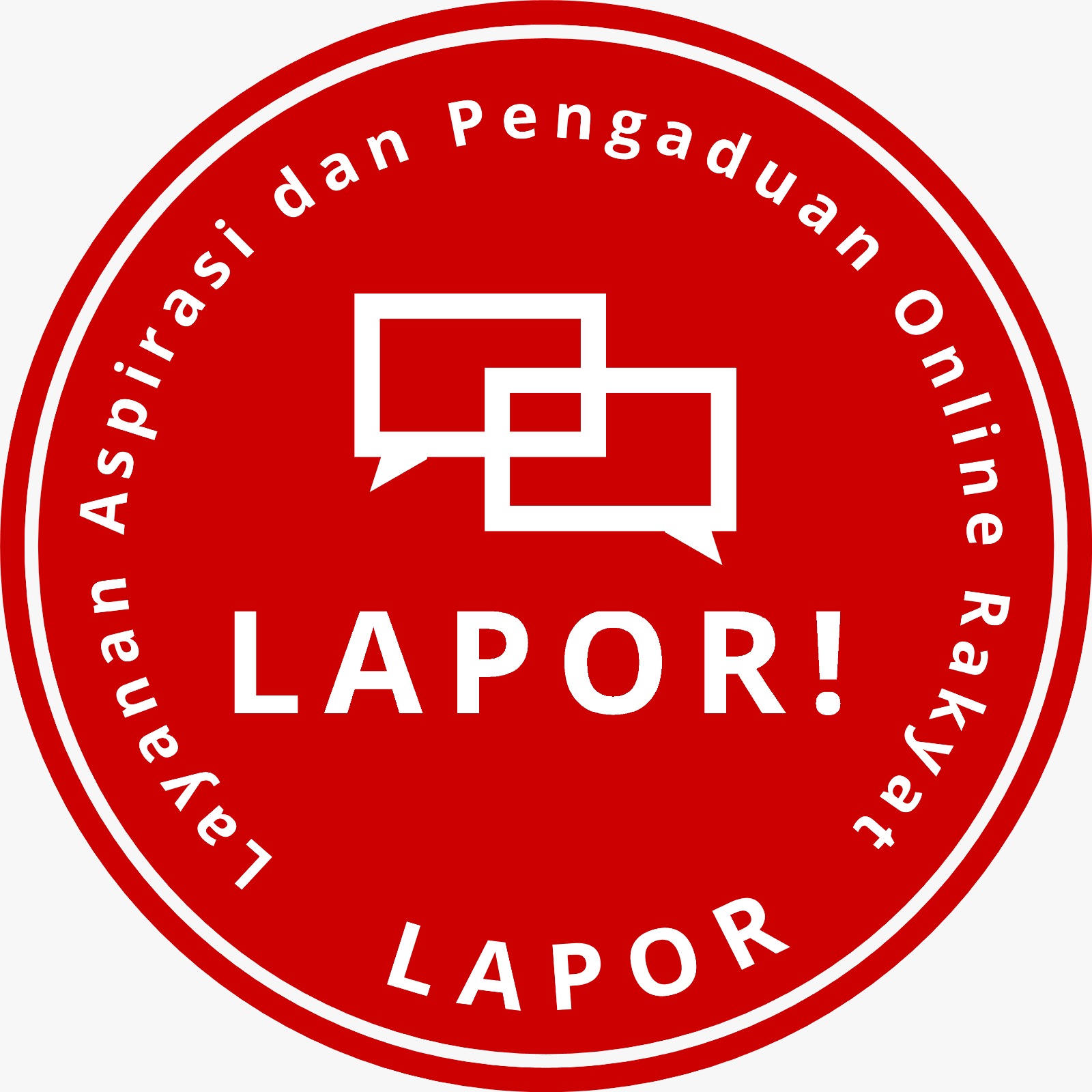International Conference on Computer Security in a Nuclear World: Expert Discussion and Exchange, 1-5 June 2015
Kembali 09 Juni 2015 | Berita BAPETEN | 307 lihatIndonesia and BAPETEN, once again, have the honor and privilege to send Prof. Dr. Jazi Eko Istiyanto (Chairman of BAPETEN) as the President of International Conference on Computer Security in a Nuclear World: Expert Discussion and Exchange, 1-5 June 2015, held in IAEA headquarter, Vienna, Austria.
In his opening remarks, Jazi said that the protection of computer system especially those that contain or process sensitive information, that support nuclear safety, nuclear security, nuclear material accountancy and control, is an important topic that must be discussed as a part of nuclear security. Computer security is a complex and emerging area. While concepts of physical protection have existed for thousand of years, computer and digital systems have been actively employed in nuclear safety and security functions for less than 60 years.
The 1-5 June conference, the first of its kind to be held at the IAEA, has attracted more than 650 experts from 92 Member States and 17 regional and international organizations. Organised in cooperation with the International Criminal Police Organization (INTERPOL), the International Telecommunication Union (ITU), the UN Interregional Crime and Justice Research Institute (UNICRI), and the International Electrotechnical Commission (IEC), the conference includes representatives of nuclear regulators and plant operators, law enforcement, system and security vendors.
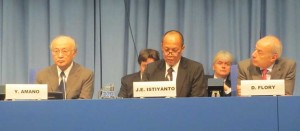 Meanwhile, IAEA Director General Yukiya Amano, called for an international response to tackle the global threat posed by criminals and terrorists bent on launching cyberattacks against nuclear facilities. The conference should bring about increased awareness of the best practices in tackling threats, of the international security guidance and industry standards, and of operator experiences in implementing computer security, according Khammar Mrabit, Director of the IAEA’s Division of Nuclear Security. The gathering will also facilitate “an exchange of information, lessons learned and ideas that we need to enhance nuclear security globally” and identify additional areas where the IAEA can help States, upon request, to develop “comprehensive computer security programmes within their national security regimes,” Mrabit said in his opening address to the conference.
Meanwhile, IAEA Director General Yukiya Amano, called for an international response to tackle the global threat posed by criminals and terrorists bent on launching cyberattacks against nuclear facilities. The conference should bring about increased awareness of the best practices in tackling threats, of the international security guidance and industry standards, and of operator experiences in implementing computer security, according Khammar Mrabit, Director of the IAEA’s Division of Nuclear Security. The gathering will also facilitate “an exchange of information, lessons learned and ideas that we need to enhance nuclear security globally” and identify additional areas where the IAEA can help States, upon request, to develop “comprehensive computer security programmes within their national security regimes,” Mrabit said in his opening address to the conference.
The conference’s aim is to provide a forum for sharing information and experiences and enhancing cooperation as part of global efforts to protect nuclear installations and materials and associated facilities from cyberattacks. Issues to be addressed during the meeting include computer security from a national perspective, trends in cyberattack and defence, computer security management in nuclear security, computer security threat analysis, computer security for industrial control systems, and operator experience in implementing computer security.
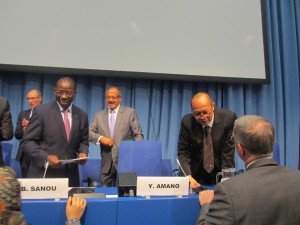 BAPETEN sent 3 speakers to this conference: Mr. Mohammad Ridwan (Introducing Computer Security into Nuclear Security Framework in Indonesia: A Regulatory Body Perspective), Mr. Bintoro Aji (Applicability of Computer Security to Radioactive Material Uses and Control: Indonesia Case Study), and Ms. Dian Septikasari (Implementing Cyber Security Framework in BAPETEN).
BAPETEN sent 3 speakers to this conference: Mr. Mohammad Ridwan (Introducing Computer Security into Nuclear Security Framework in Indonesia: A Regulatory Body Perspective), Mr. Bintoro Aji (Applicability of Computer Security to Radioactive Material Uses and Control: Indonesia Case Study), and Ms. Dian Septikasari (Implementing Cyber Security Framework in BAPETEN).
The executive summary of the Conference President’s findings also highlighted the following points:
- The conference has been successful in providing a global forum for discussion of computer security. However, the momentum developed this week must be fostered and sustained.
- The IAEA must continue to grow in its leadership role in supporting Member States by developing timely international nuclear security guidance that addresses computer security.
- Computer systems and their interconnectivity represent a growing complexity, which will only increase. Coordinated research and information exchange are needed to support both the prevention and response to attacks on computer security.
- Regulation must address information technology systems, industrial control systems and physical protection systems used within the nuclear industry.
- Human capacity development, including programmes in education, training, and knowledge management are practical measures that can help to sustain computer expertise in the nuclear security domain. These are all programmes the IAEA is again encouraged to foster as a means to support Member States upon request. [BHO/MR]


